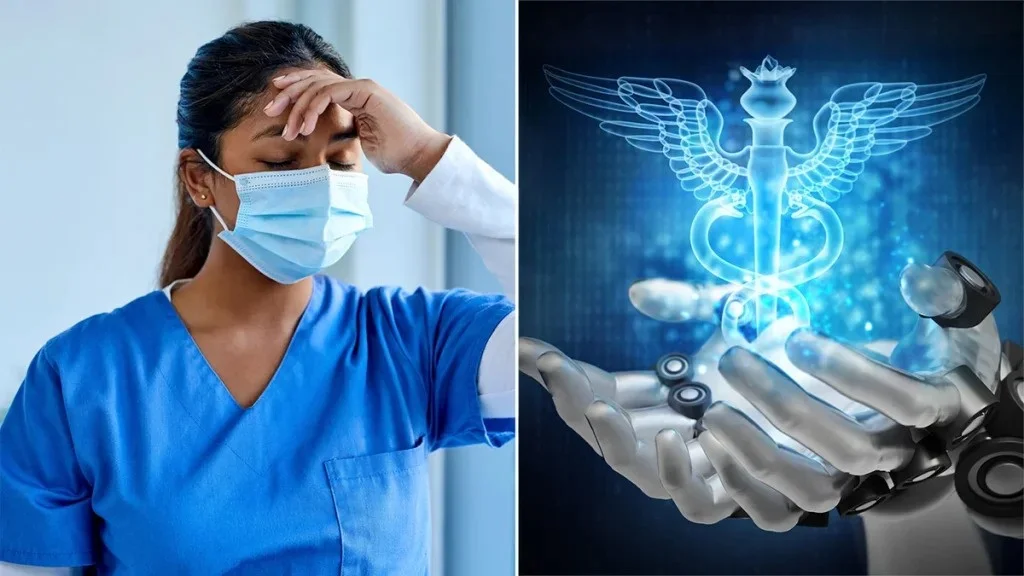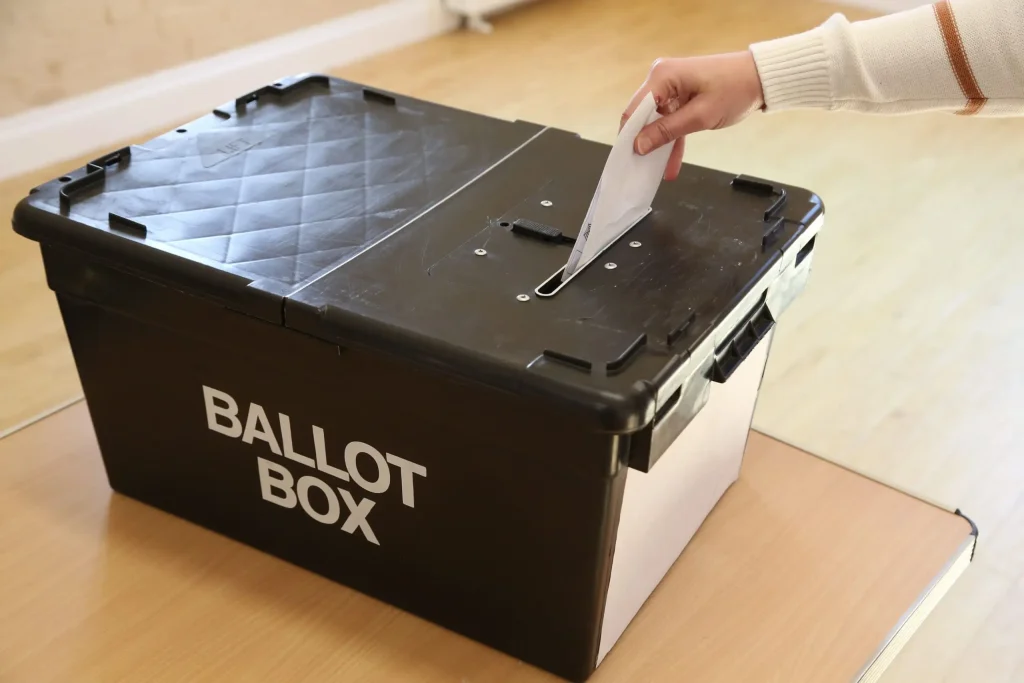Dr. Aisha Bello’s days are a blur of consultations, phone calls, and digital paperwork. Long hours, sleepless nights, and endless forms have become her normal. Like thousands of doctors worldwide, she’s fighting a silent epidemic, doctor burnout.
It’s more than fatigue. It’s emotional exhaustion, frustration, and the painful sense of losing the joy that once fueled her calling.
But now, artificial intelligence (AI) promises to ease that pressure. Can technology really give doctors like Aisha the relief they need?
The Rising Toll of Burnout
Modern healthcare is fast-paced, demanding, and emotionally draining. Doctors spend nearly half their working hours on documentation instead of patient care. For many, the stress doesn’t end at the clinic, it follows them home.
According to global studies, more than half of all physicians experience symptoms of burnout. The COVID-19 pandemic only made it worse, pushing already stretched healthcare workers to breaking point. Many, like Aisha, are questioning how long they can continue.
AI Steps In: A New Kind of Partner
AI tools are gradually reshaping hospitals and clinics. They promise to lighten the administrative load and help doctors focus on what truly matters — people.
- Voice assistants can transcribe conversations between doctors and patients, producing instant clinical notes.
- AI-powered diagnostics can review scans, blood tests, and X-rays, spotting potential issues within seconds.
- Scheduling algorithms can organize appointments more efficiently, preventing overbooked days.
- Virtual chatbots now answer common patient questions, saving time for complex cases.
Hospitals that have adopted these tools report up to 40% less time spent on paperwork. For physicians like Aisha, that’s more time listening, explaining, and connecting — the essence of good medicine.
Hidden Struggles Behind the Screens
However, the road to digital transformation isn’t smooth. When Aisha’s hospital introduced its new AI system, she hoped it would simplify her work. Instead, she found herself navigating confusing interfaces, constant alerts, and technical glitches.
The new system often flagged irrelevant data, forcing her to double-check every result. Instead of relief, she felt more pressure. “I’m spending more time fixing the software than treating my patients,” she admits.
There’s also an emotional gap. Patients want empathy and human warmth qualities no algorithm can replicate. And concerns about AI bias linger, especially when machine predictions misinterpret symptoms for certain demographic groups.
Finding Balance Between Human and Machine
Experts argue that the success of AI in healthcare depends on collaboration, not replacement. Doctors must be part of every step, from testing to feedback, ensuring technology complements their expertise rather than competing with it.
Hospitals that pair AI with wellness programs, mental health counseling, and realistic workloads are seeing real results. In Aisha’s clinic, combining digital tools with shorter shifts and mental health breaks has started to make a difference.
“I finally have time to breathe,” she says, smiling for the first time in months.
A Shared Future for Medicine and Machines
AI won’t cure burnout overnight, but it offers hope. When used thoughtfully, it can free doctors from unnecessary stress and restore their sense of purpose.
The future of medicine depends on balance where innovation enhances empathy, not replaces it. Whether AI becomes a burden or a breakthrough will depend on how we use it to care for those who care for us.
________________________________________________






